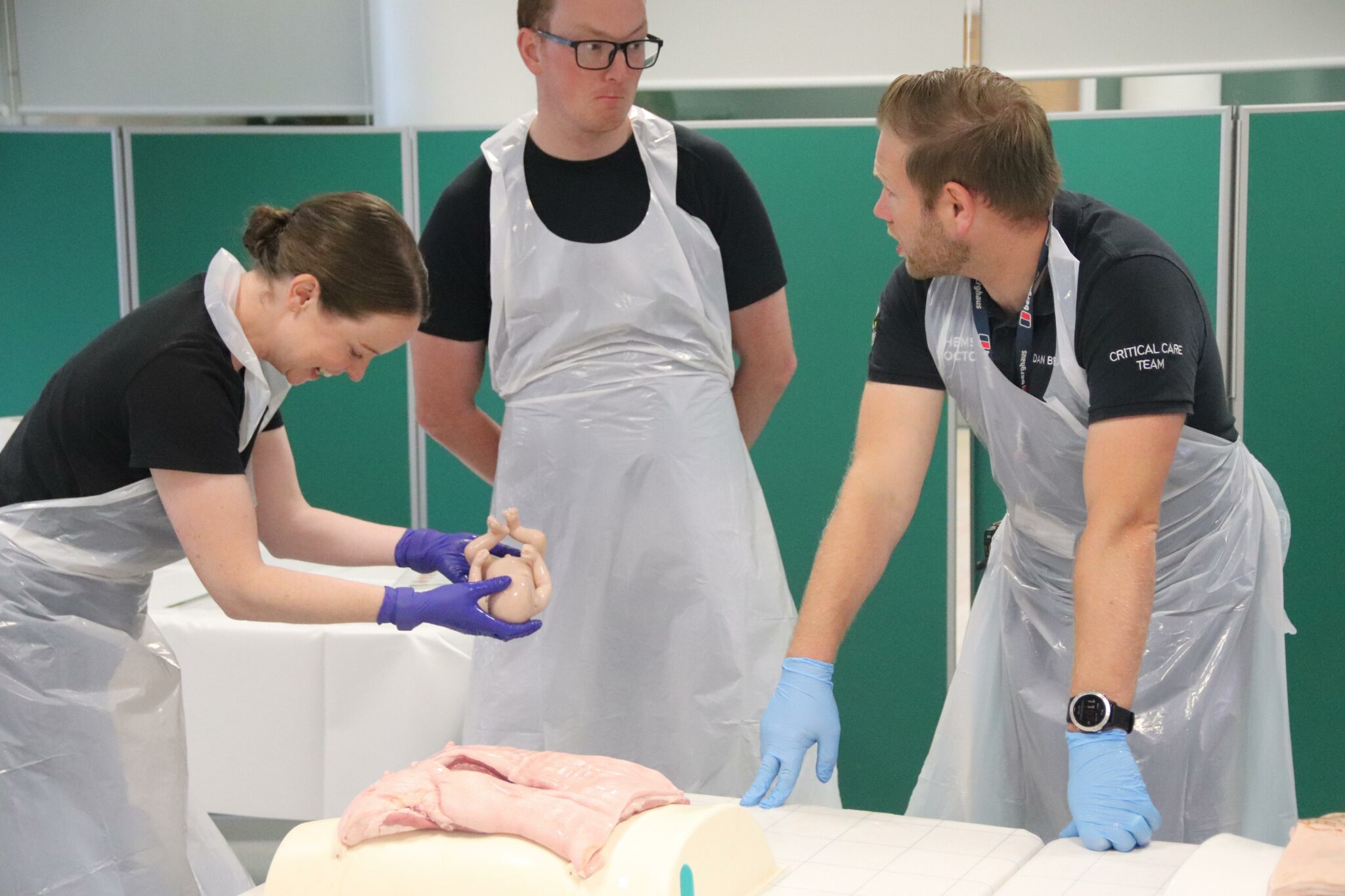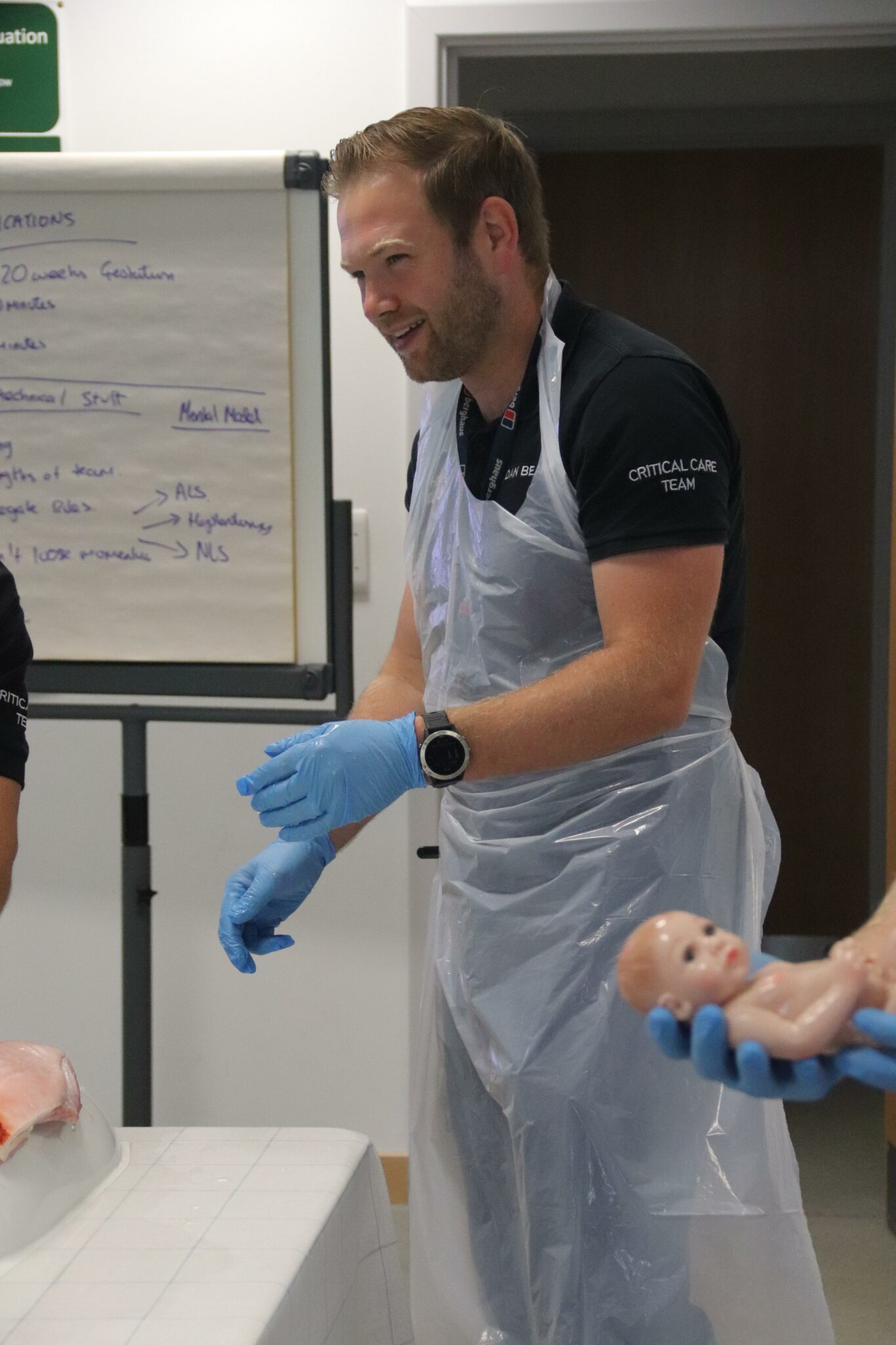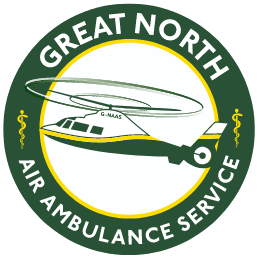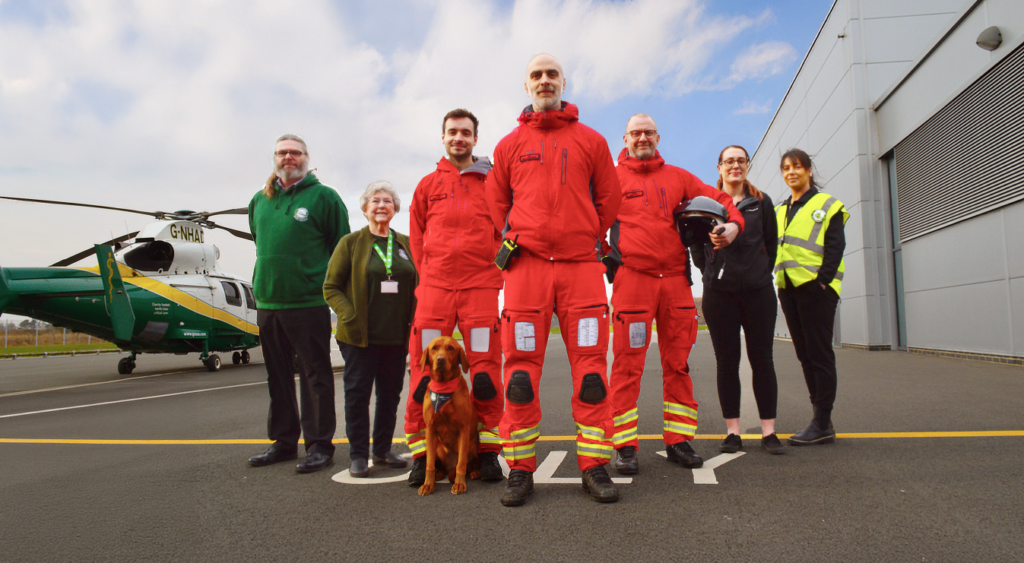It might not be the first thing that comes to mind when you think of an air ambulance, but yes – maternity emergencies are something we’re trained for.
Over the past two years, we’ve been called out to nine birth-related incidents. While that might not seem like a high number, remember – we’re only dispatched to the most serious cases.
Most births go smoothly, and mums are usually well-prepared. But when things take an unexpected turn, that’s where we come in. Our team is specially trained to handle even the rarest and most complex pre-hospital maternity emergencies.
In fact, maternal emergencies are a key focus in our training. We regularly sharpen our skills and proudly work in partnership with Sunderland University, where expert midwife trainers help keep our knowledge up to date – ensuring we’re ready to deliver the highest standard of care.
Thankfully, many surprise community births go off without a hitch. But in those moments when urgent, specialist care is needed – whether for mum, baby, or both – we’re ready.
Here’s how we support maternity patients when it matters most…


Premature Deliveries
If reports indicate a mother is going into premature labour, especially for extremely pre-term deliveries (28 weeks or less), GNAAS can be dispatched to provide crucial support. Alongside our expertise in airway management, we also carry a piece of equipment called a “mapelson circuit”. This helps us to provide enhanced breathing support for the newborn, ensuring they are adequately oxygenated.
Major Blood Loss
While some blood loss during labour is normal, significant blood loss can be dangerous. In such cases, GNAAS carries blood products to help replenish what the mother has lost, to keep the mother in a stable condition.
Challenging Births
Most community births progress naturally, but we may be called upon during challenging situations. We collaborate closely with ambulance service colleagues to assist with complex cases such as breech deliveries or when a baby’s shoulders become stuck.
Eclampsia
Pre-eclampsia affects 1 to 5 in every 100 women. While this condition is typically identified and managed effectively, it can progress to eclampsia, resulting in seizures. If this occurs, our critical care teams are equipped with magnesium and anti-con

Medical Emergencies
Despite regular check-ups and antenatal care, there are rare instances when a pregnant woman may become unwell or experience a cardiac arrest. In these critical moments, our trained team can perform a pre-hospital caesarean section to deliver the baby, ensuring both mother and child receive the best chance of survival.
Other Situations
Pregnant women face the same risks as anyone else for medical or traumatic incidents. Therefore, we are ready to respond to any pregnant woman just as we would for any other adult or child.
So, there you have it – in summary, midwives do a phenomenal job, but we’re always a phone call away should anything not go to plan.




